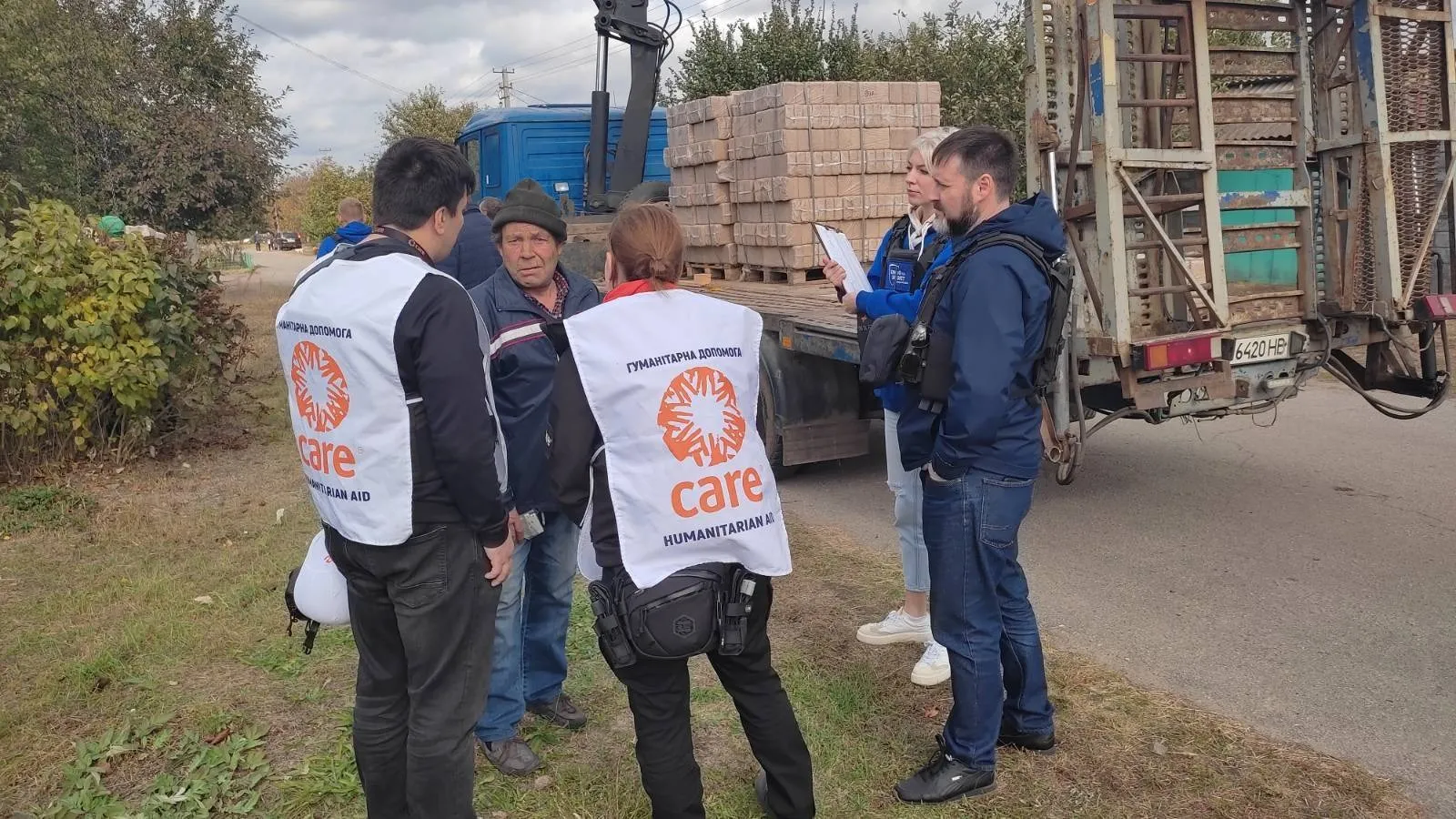“The biggest challenge for me as an aid worker is the lack of safety and security. Right now, no one in Gaza is safe. With 40,000 civilians and over 280 aid workers killed, as well as at least 500 health workers.
The security situation is difficult for everyone in the Strip, but women and girls are particularly affected. As CARE, we have established safe spaces where women and girls can seek support and access services. We need to make sure that they know their rights and have resources available to them. In the longer-term, it is crucial to offer programs providing economic opportunities and training, making sure that we can minimize their vulnerability to exploitation and abuse. As staff, we constantly need to learn more about how to support women and girls who have survived gender-based violence. Right now, the focus is on survival, but we still need to make sure that we always view our aid delivery and humanitarian response through a gendered lens.
As a woman, I hope I can inspire other women to pursue their dreams. As a humanitarian worker, I want to help break down gender stereotypes. Despite everything we are enduring, I hope we can show women and girls that a lot of aid agencies are currently working under female leadership, and that all of us – women, men, girls and boys – need to do what we can to help each other through the horror and sorrow.”
Mona Sherpa, Nepal






